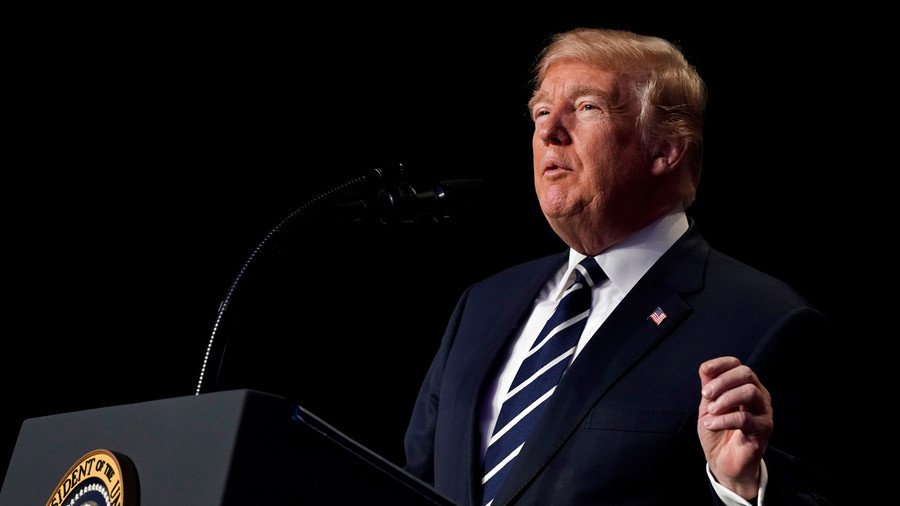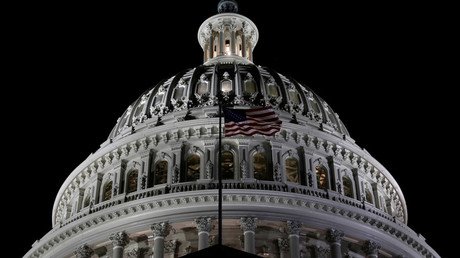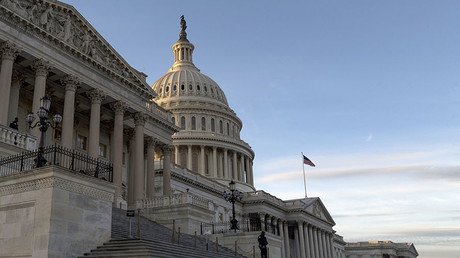White House releases 2019 budget plan

President Donald Trump on Monday released his second budget plan, which is slated to boost spending on military, infrastructure and a wall along the Mexican border. Members of both parties have voiced objections to its proposals.
The proposal, which is likely to be criticized by lawmakers, includes $200 billion for infrastructure spending, more than $23 billion for border security and $716 billion in spending on military programs and for maintaining the U.S. nuclear arsenal.
The Congress will review the $4.4 trillion budget proposal, but is expected to make considerable changes to the plan. It's likely to be criticized by conservatives for deficit spending, even though it plans to lower the federal budget deficit by $3 trillion over 10 years by cutting non-military spending.
On Friday, Trump signed a bill that increased federal spending on both military and civilian programs as part of a compromise to avoid government shutdowns through 2019.
Just signed Bill. Our Military will now be stronger than ever before. We love and need our Military and gave them everything — and more. First time this has happened in a long time. Also means JOBS, JOBS, JOBS!
— Donald J. Trump (@realDonaldTrump) February 9, 2018
The budget proposal is not binding because Congress holds ultimate power over federal spending.
Other domestic programs — from fighting the opioid crisis to providing disaster relief in Texas, Florida, Puerto Rico and California — are to absorb another $90 billion.
Friday's compromise bill attracted the ire of both parties, with the Democrats saying it failed to provide assurances to the children of illegal immigrants in the country. At the same time, members of Trump’s own party argued the plan risked increasing the nation’s already-deep deficit.
The Senate approved the bill on Friday despite Senator Rand Paul’s effort to stonewall the vote. The Republican from Kentucky upbraided members of his own party, imploring them to vote first on an amendment to maintain budget caps.
According to the Committee for a Responsible Federal Budget watchdog, the annual budget deficit is expected to exceed $1 trillion in 2019.














